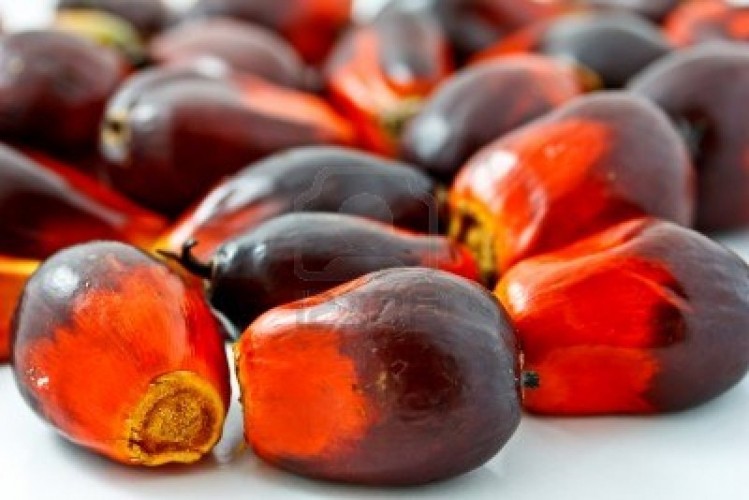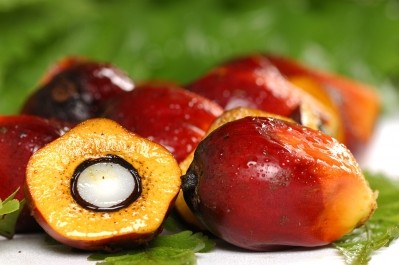How did Kellogg’s Asian agri-partner Wilmar slip through the sustainable palm oil net?

The comments from Darrel Webber, secretary general of the RSPO, come after WWF found that RSPO member Wilmar – Kellogg’s partner in Asia – was illegally sourcing palm oil fruits from a national park in Indonesia.
Speaking to BakeryandSnacks.com, Webber said: "The RSPO depends on members and non-members to submit formal complaints. With over 1,100 members from more than 60 countries, RSPO is not in the position to monitor all activities its members are undertaking on the ground.”
He said the RSPO complaints system allows members and non-members to submit formal complaints against actions of specific RSPO members, at which point the association can take action.
“If no formal complaint is submitted, there is no basis for the RSPO to start an investigation,” he said.
However, the RSPO takes the critical issue of sourcing illegally grown fresh fruit bunches very seriously and resolving this issue is a key priority, he added.
The RSPO said it was grateful that the WWF brought the issue of Wilmar’s illegal palm fruit sourcing to its attention, and said it was pleased about Wilmar’s speedy cooperation to stop the purchasing.
Task force to aid fresh fruit bunch sourcing
The RSPO has added a new requirement to its principles and criteria for 2013 that stipulates how certified mills must document and disclose the source of all third party sourced fresh fruit bunches.
“Furthermore, the RSPO is also forming a task force to urgently develop a new policy and tools to help members ensure that all of the fresh fruit bunches they source come from identified, legal and responsible sources,” he said.
Webber said the journey to fully embracing certified sustainable palm oil is not a simple process and it can’t happen all at once.
“The arduous and complex challenge of fully transforming an organization to become 100% committed to certified sustainable palm oil cannot be underestimated, although it is indeed possible – but only over time, and with the right levels of commitment from all stakeholder groups.”
What should Kellogg do? Does it have a role to play?
In the case of Kellogg and Wilmar, Webber said collaboration is crucial. “Collaboration is one of the founding principles of the RSPO and a key pillar of its multi-stakeholder philosophy – only by working together will we be able to achieve an industry that is fully sustainable,” he said.
“…The RSPO is convinced that open dialogue and discussions between all parties, member companies, complainants, and those affected – challenging as they may be – must be tried and tested to the fullest with determination.”
In Kellogg’s Q2 earnings call on August 1, its CEO John A. Bryant responded to an analyst’s question on how Kellogg would ensure it is not associated with illegal deforestation that its partner Wilmar had been accused of.
“The Kellogg Company has a very strong track record on sustainability (…)In terms of palm oil, we actually buy green certificates to cargo all our palm oil purchases, and we feel very good about our practices in that area,” he said.
Kellogg’s chief sustainability officer Diane Holdorf previously told BakeryandSnacks.com that it considers palm oil sourcing as an “important issue”. Holdorf said the firm has made aggressive changes to its sourcing of palm oil and now ensures 100% used is sustainably sourced through a combination of GreenPalm certificates, mass balance and segregated sustainable growth supply.







